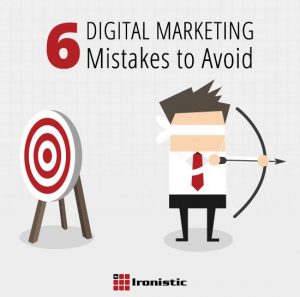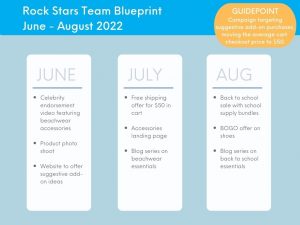AI is revolutionizing the market research industry. Here’s how—and why
Artificial intelligence (AI) offers marketing leaders the ability to understand the “why” behind customer motivations, preferences, and behaviors on a deeper, more granular level.
BY Ron Howard
In a groundbreaking shift for the marketing world, artificial intelligence (AI) is granting professionals a power previously out of reach—the ability to deeply understand the elusive “WHY” behind consumer behavior and feedback. This significant advancement in AI technology means marketers can now review and digest vast amounts of qualitative data, processing thousands of responses with precision to not only expose comprehensive insights but also strategically arrange them. This capability presents a transformative opportunity for marketers to gain detailed, actionable understanding of customer motivations, preferences, and behaviors, driving more effective, precisely targeted strategies—within minutes.
It seems so obvious but so many companies are desperate to find out “why” yet avoid asking the question directly when they execute research studies. They often give participants a set of choices that they think may be “why,” but that is such a poor substitute for allowing participants to tell you in their own words, expressing their views along with enthusiasm, or anger, or confusion, or in other ways.
Sadly, many companies have long avoided the use of open-end qualitative questions in their research studies. And the reason goes to the heart of what AI fixes: qualitative open-end responses are very complicated to interpret. It takes a great deal of analyst time and expertise to accurately extract the primary and subtle meanings expressed in open-end responses. Furthermore, what is the message expressed by specific segments such as young people versus older, men versus women, Republicans versus Democrats, or current customers versus lapsed customers. Again, it’s very expensive to analyze multiple open-end questions for a number of audience segments.
Use AI To Better Understand Consumers
AI’s capability extends beyond understanding consumer behavior, offering a lens into the work-life dynamics that influence these behaviors. By dissecting the complex interplay between professional and personal spheres, AI equips marketers with a deeper awareness of how work-life balance—or the lack thereof—affects consumer choices. This holistic understanding empowers marketers to tailor their strategies not only to the immediate needs and wants of their audience but also to the broader context of their lives, enhancing personalization and relevance.
The fusion of work-life insights with consumer behavior analysis heralds a new frontier in marketing. It offers a more nuanced appreciation of the factors driving consumer decisions, ensuring that marketing campaigns are not only effectively targeted but also resonate on a more personal and human level. As boundaries between work and personal life become increasingly fluid, the impact of these shifts on consumer behavior becomes more significant. AI’s ability to untangle these influences is a testament to its transformative potential in market research.
The intersection of AI and market research transforms vast volumes of qualitative, text-based data from a challenge to be managed into a valuable asset to be leveraged. This shift enables companies to move beyond the superficial layers of data analysis, reaching a deeper understanding of their consumers, markets, and themselves.
A New Frontier For Marketing
The true potential of AI in market research lies in its ability to process natural language responses at scale, understanding nuances and variations in human communication that would take humans considerably longer to analyze. This helps save time and money, and enriches the data pool with a depth of insights previously too costly to consider. Properly directed, AI can author amazingly insightful reports that expose the most important issues expressed in responses. It can also reveal secondary subtle motivations that truly tell the story, all in minutes, without fatigue, and without bias—based purely on the responses provided.
Looking forward, the role of AI in market research is set not just to grow, but to become indispensable. The richness of insights available through open-ended questions, when combined with the analytical power of AI, holds the promise of a future where the motivations, preferences, and unmet needs of consumers are understood with unprecedented clarity.
Companies that are early adopters of this integrated approach to asking “why” and employing AI-driven analysis will not only gain a competitive edge but will also forge stronger, more meaningful connections with their audiences. These connections are built on a foundation of genuine understanding.
The question of “why,” powered by the capabilities of AI, is more than just a methodological choice. It represents a strategic imperative for those looking to navigate the complexities of modern markets and consumer behavior with confidence. The future belongs to those who ask, listen, and act on the truths revealed by their audiences.

ABOUT THE AUTHOR
Fast Company
(12)
Report Post






